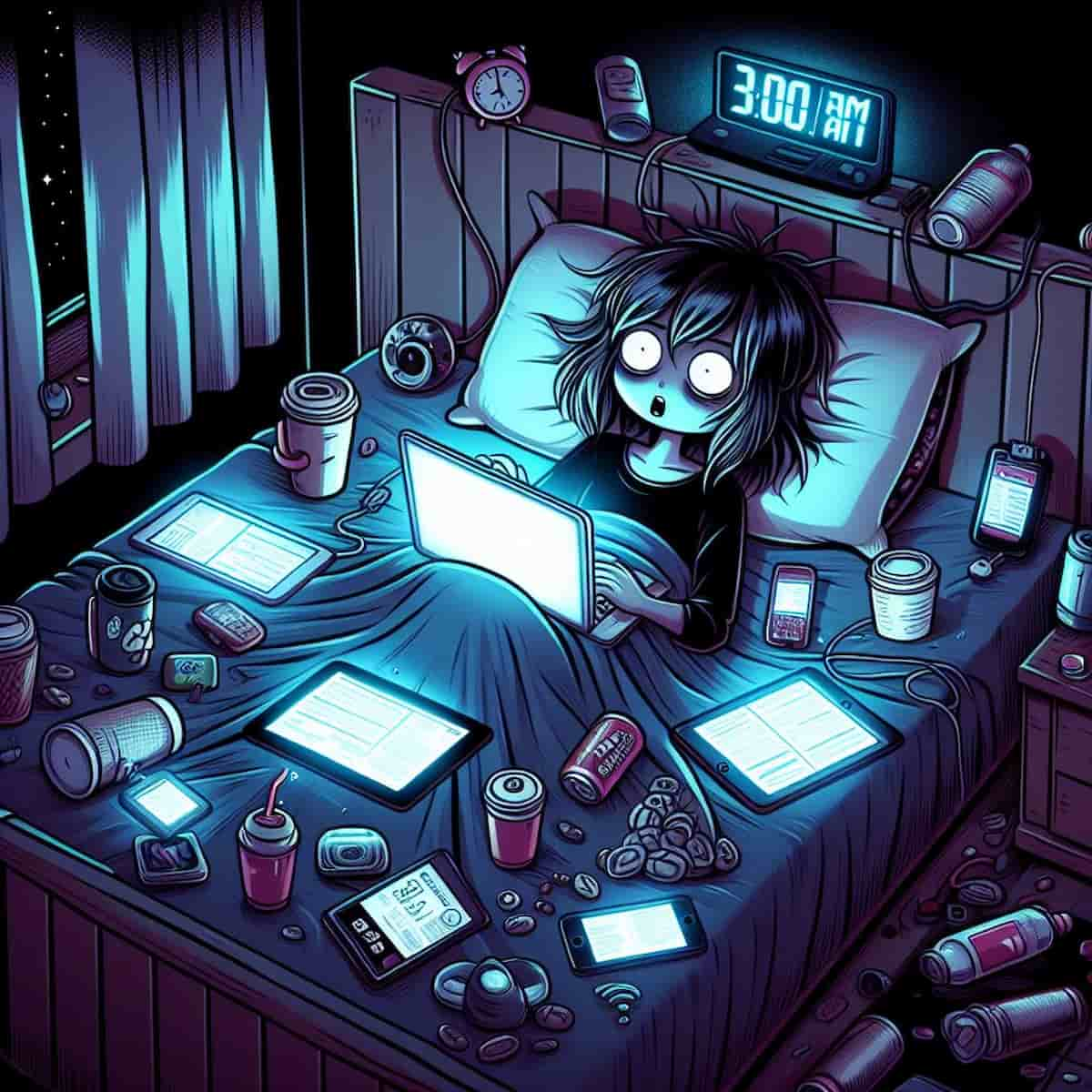Are you tossing and turning at night, unable to catch those elusive Z’s? Poor sleep hygiene might be the sneaky culprit behind your restless nights. Let’s delve into the world of sleep hygiene and uncover the repercussions of neglecting it.
Key Takeaways:
- Poor sleep hygiene can lead to a myriad of negative effects on both physical and mental health.
- Establishing a consistent sleep schedule, creating a relaxing bedtime routine, and optimizing your sleep environment are crucial steps to improve sleep hygiene.
- Prioritize quality sleep to enhance overall well-being and productivity.
The Ramifications of Neglecting Sleep Hygiene
Sleep, often underestimated, plays a pivotal role in our daily lives. It’s not just about catching some shut-eye; it’s about rejuvenating the mind and body for the day ahead. When sleep hygiene takes a backseat, the consequences can be profound:
1. Impaired Cognitive Function
Ever experienced brain fog after a sleepless night? Poor sleep hygiene can impair cognitive function, affecting concentration, memory, and decision-making abilities. This can hinder productivity at work or school and compromise safety, especially when operating machinery or driving.
2. Mood Swings and Emotional Instability
Lack of quality sleep can wreak havoc on your emotions, leading to mood swings, irritability, and heightened stress levels. Over time, this may contribute to the development of anxiety and depression, exacerbating existing mental health conditions.
3. Weakened Immune System
Sleep is the body’s time to repair and regenerate. Without adequate rest, the immune system becomes compromised, making you more susceptible to infections, colds, and other illnesses. Chronic sleep deprivation may also increase the risk of serious health conditions like diabetes and cardiovascular disease.
4. Weight Gain and Metabolic Dysfunction
Believe it or not, poor sleep hygiene can sabotage your weight loss efforts. Sleep deprivation disrupts hunger hormones, leading to increased appetite and cravings for unhealthy foods. Moreover, it can impair glucose metabolism and insulin sensitivity, paving the way for weight gain and metabolic disorders.
5. Heightened Risk of Accidents
Fatigue from inadequate sleep can impair motor skills and reaction times, raising the risk of accidents and injuries. Whether it’s on the road, in the workplace, or during physical activities, sleep-deprived individuals are more prone to errors and accidents.
Tips for Improving Sleep Hygiene
The good news is that cultivating healthy sleep habits can reverse the adverse effects of poor sleep hygiene. Here are some actionable tips to enhance the quality of your sleep:
| Tips for Better Sleep |
|---|
| Establish a consistent sleep schedule |
| Create a calming bedtime routine |
| Optimize your sleep environment |
| Limit exposure to screens before bedtime |
| Avoid stimulants like caffeine and nicotine late in the day |
| Incorporate regular exercise into your daily routine |
| Practice relaxation techniques such as meditation or deep breathing |
| Limit daytime naps and avoid napping late in the day |
| Invest in a comfortable mattress and pillows |
By prioritizing these strategies and making sleep a priority, you can reap the benefits of improved sleep hygiene, leading to enhanced overall well-being and vitality.













